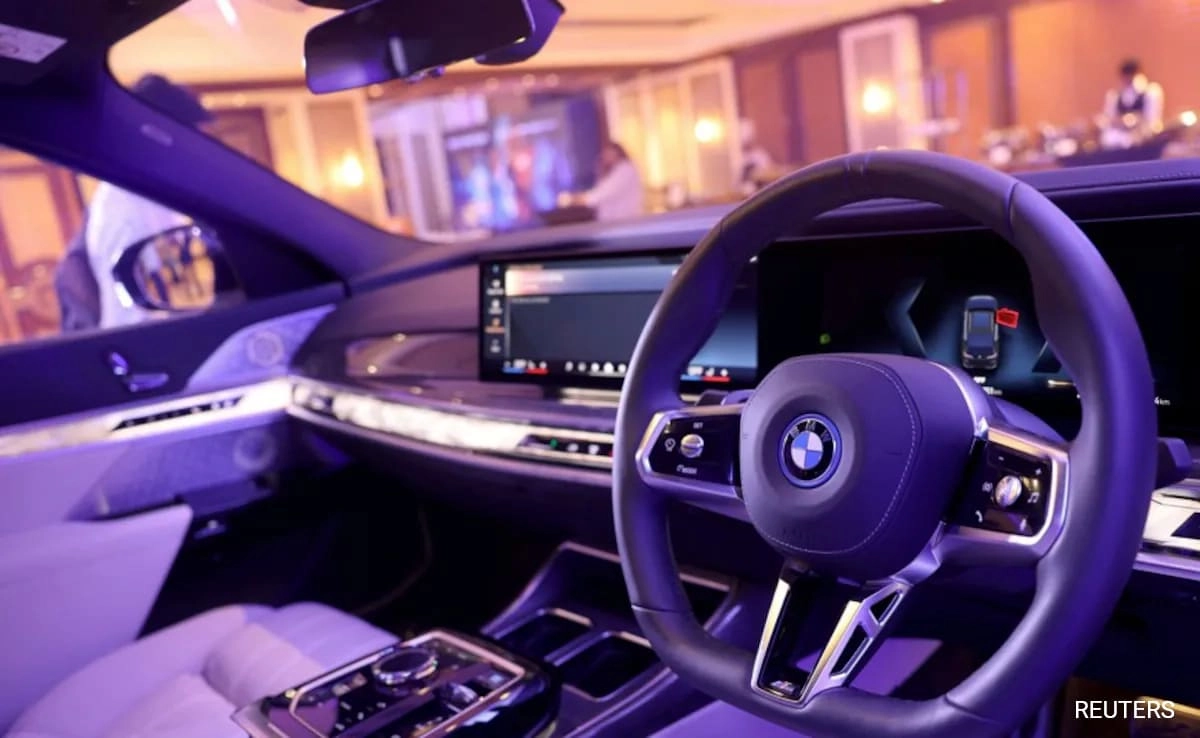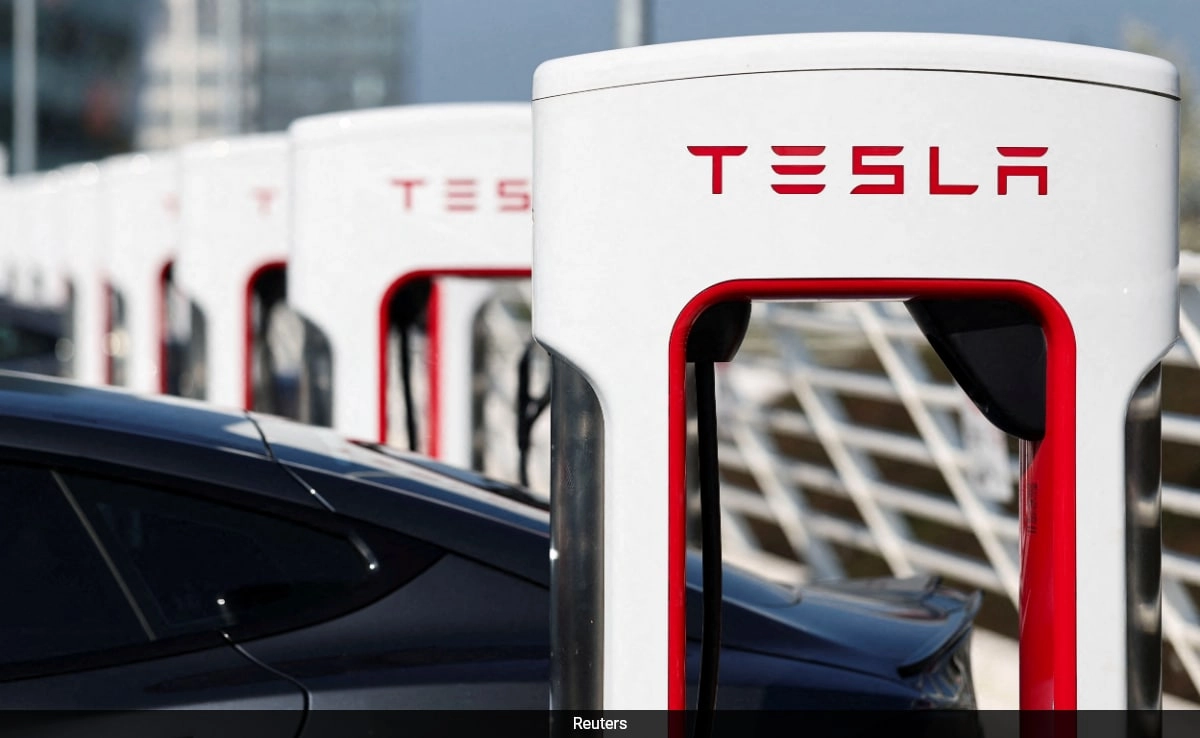In a significant move that could reshape the luxury electric vehicle (EV) market, tax panels are proposing steep levies on high-end electric cars, a decision that poses challenges for major manufacturers like Tesla and BMW. These proposed taxes aim to address concerns over the growing disparity in vehicle affordability and to channel revenue into infrastructure and climate initiatives. With luxury EVs typically commanding higher price tags, the tax panels believe that imposing levies on these vehicles is a step towards ensuring a more equitable automotive landscape.
This development comes at a time when the electric vehicle market is experiencing explosive growth, driven by increasing consumer demand for sustainable transport options. However, the rapid rise of luxury electric cars has sparked debate about the social implications of such purchases, especially as the broader population grapples with the affordability of electric vehicles. By targeting the luxury segment, policymakers hope to mitigate the perception that electric vehicles are exclusive to wealthier consumers while also generating funds that can be reinvested into public services and greener technologies.
For automakers like Tesla and BMW, this potential taxation poses a dual threat: it could diminish sales in a segment they have heavily invested in, while also complicating their pricing strategies. Tesla, known for its high-performance electric vehicles, and BMW, a long-time player in the premium automotive market, may need to recalibrate their offerings and marketing approaches to navigate this new landscape. As consumers become increasingly sensitive to the total cost of ownership, the introduction of significant taxes could deter potential buyers and shift preferences towards more affordable electric models.
In response, both companies may need to innovate and explore alternative strategies, such as enhancing the value proposition of their luxury offerings or expanding into more budget-friendly electric models. The outcome of these proposed levies will not only impact the bottom lines of these automakers but could also influence broader trends in the EV market, potentially accelerating the shift towards more inclusive options as manufacturers adapt to changing consumer expectations and regulatory environments. As the debate unfolds, the automotive industry watches closely, aware that decisions made today will shape the future of electric mobility.




